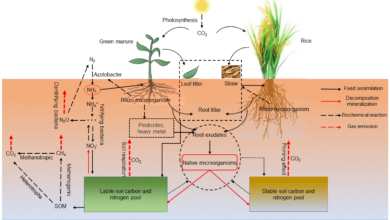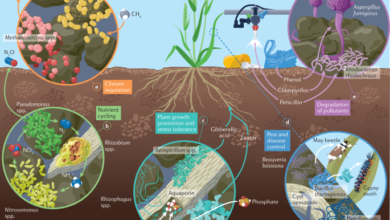Unveiling the Impact: Soil Effects from Continuous Crop Plantation
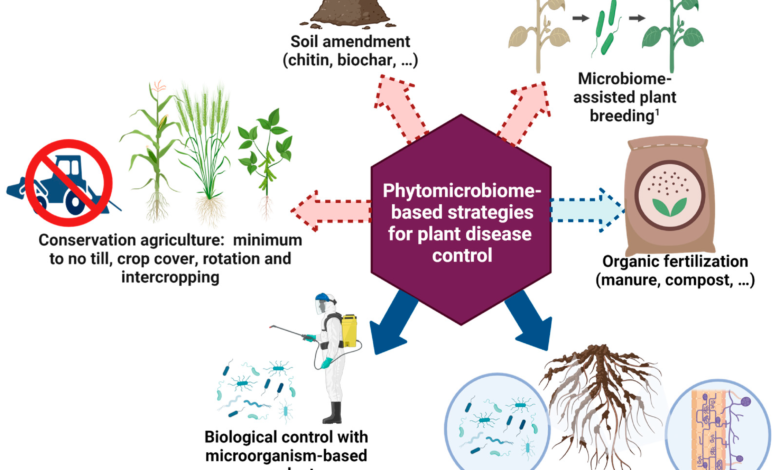
Continuous plantation of crops in a field can lead to nutrient depletion, attracting pests and diseases, and causing soil erosion. The quality of the soil plays a crucial role in crop success.
The continuous cultivation of crops in the same field can deplete essential nutrients as the crops continuously extract them for growth. This can result in nutrient deficiency in the soil, affecting the future growth of crops. Additionally, continuous plantation can attract pests and diseases that specifically target the planted crops, making it challenging to grow healthy crops without the use of chemical pesticides.
Moreover, without proper crop rotation or measures to prevent soil erosion, continuous plantation can lead to soil erosion, leading to the loss of topsoil and degradation of the soil quality. To address these issues, crop rotation and nutrient management practices are necessary, along with the addition of manure and appropriate fertilizers.
Impact On Nutrient Depletion
Continuously planting crops in a field can lead to nutrient depletion in the soil, reducing essential elements like nitrogen, phosphorus, and potassium. This impacts crop growth and can attract pests and diseases, as well as cause soil erosion, affecting overall soil health.
Depleting Essential Nutrients
Continuous plantation of crops in a field has a significant impact on nutrient depletion in the soil. The crops continuously extract essential nutrients such as nitrogen, phosphorus, potassium, and micronutrients from the soil for their growth and development. As a result, over time, the soil becomes deficient in these vital nutrients, leading to decreased fertility and poor crop yields.
Effects On Soil Fertility
The continuous cultivation of crops in a field without proper nutrient management can gradually degrade the soil fertility. Nutrient depletion affects the overall health and productivity of the soil, making it less capable of supporting robust plant growth. This can be particularly detrimental in monoculture farming systems, where the same crop is grown repeatedly without rotation. In addition to nutrient depletion, continuous plantation of crops can also disrupt the soil’s natural ecosystem.
Beneficial microorganisms and fungi in the soil, which play a crucial role in nutrient cycling and organic matter decomposition, can decline in abundance. This can further exacerbate nutrient deficiencies and impact the overall soil fertility. To mitigate the effects of continuous crop plantation on soil fertility, farmers can adopt various practices. One effective approach is crop rotation, where different crops are grown in succession on the same field.
This helps break the cycle of nutrient depletion by allowing different crops to extract different nutrients and replenishing the soil with specific nutrients. Another practice is the use of cover crops or green manure, which involves growing specific plants between main crops. These cover crops help to enhance soil organic matter, improve soil structure, and provide additional nutrients when incorporated into the soil. Moreover, incorporating organic matter through the application of compost or manure can also help replenish nutrients and improve soil fertility.

Credit: online.maryville.edu
Pest Infestation And Soil Erosion
The continuous plantation of crops in a field can deplete the soil of essential nutrients like nitrogen, phosphorus, and potassium, leading to decreased soil fertility. This overuse can also attract pests and diseases, causing soil erosion and degradation over time.
Attracting Pests And Diseases
The continuous plantation of crops in a field can attract pests and diseases, posing a significant challenge for farmers. As crops are grown in the same area year after year, pests and diseases that specifically target those crops can build up in the soil, making it easier for them to infest the new crop. This can lead to reduced crop yields and economic losses for farmers.
Pests such as insects and rodents are attracted to the crops because they provide a source of food and shelter. They can damage the plants by feeding on them or by transmitting diseases. Disease-causing organisms, such as fungi, bacteria, and viruses, can also thrive in the soil when the same crop is continuously planted. These pathogens can infect the plants and cause various ailments, ranging from mild to severe, affecting the overall health and productivity of the crop.
To mitigate the risk of pest infestation and disease outbreaks, farmers often resort to chemical pesticides and fungicides. However, this can have negative consequences for the environment and human health. It is important for farmers to adopt integrated pest management practices that incorporate natural pest control methods, crop rotation, and resistant crop varieties to reduce reliance on chemical treatments.
Consequences Of Soil Erosion
Another significant impact of continuous crop plantation in a field is soil erosion. Soil erosion occurs when the top layer of fertile soil is removed or displaced, often as a result of wind, water, or human activities. This loss of topsoil can significantly impact the soil’s fertility and ability to support plant growth.
Continuous crop plantation without proper soil conservation measures can exacerbate soil erosion. When crops are grown without rotation or fallow periods, the soil becomes more vulnerable to erosion as it lacks the opportunity to regenerate and build up its organic matter. The constant exposure to wind and rain can lead to the loss of valuable topsoil, along with essential nutrients and organic matter.
Soil erosion not only affects the productivity of the field but also has far-reaching consequences beyond the farm. The eroded soil can end up in water bodies, leading to sedimentation and water pollution. It can also contribute to the degradation of surrounding ecosystems and loss of biodiversity.
Implementing soil conservation practices, such as contour plowing, terracing, cover cropping, and mulching, can help prevent or reduce soil erosion. These measures help to retain the soil in place, improve water infiltration, and enhance soil structure, ultimately promoting sustainable crop growth and preserving the long-term health of the soil.
Strategies For Soil Management
Continuous plantation of crops in a field can have a substantial impact on the soil. The constant extraction of nutrients by the crops can deplete the soil, leading to nutrient deficiencies. Furthermore, it can attract pests and diseases that target the specific crop, and cause soil erosion if proper measures are not in place. Effective soil management strategies are crucial to address these issues. Implementing techniques such as crop rotation and nutrient replenishment can help maintain soil fertility and health.
Crop Rotation
Crop rotation involves growing different types of crops in a specific order over several seasons. This technique helps prevent the depletion of specific nutrients in the soil, reduces pest and disease buildup, and improves soil structure. By rotating crops, the soil can maintain a balance of nutrients and reduce the risk of soilborne diseases that target certain crops.
Nutrient Replenishment Techniques
Implementing nutrient replenishment techniques such as adding organic matter, using cover crops, and applying fertilizers can help replenish the nutrients that are depleted from the soil due to continuous crop plantation. Addition of organic matter improves soil structure and fertility, while cover crops prevent soil erosion and suppress weed growth. Proper application of fertilizers based on soil nutrient analysis can ensure the soil’s nutrient levels are maintained for optimal crop growth.
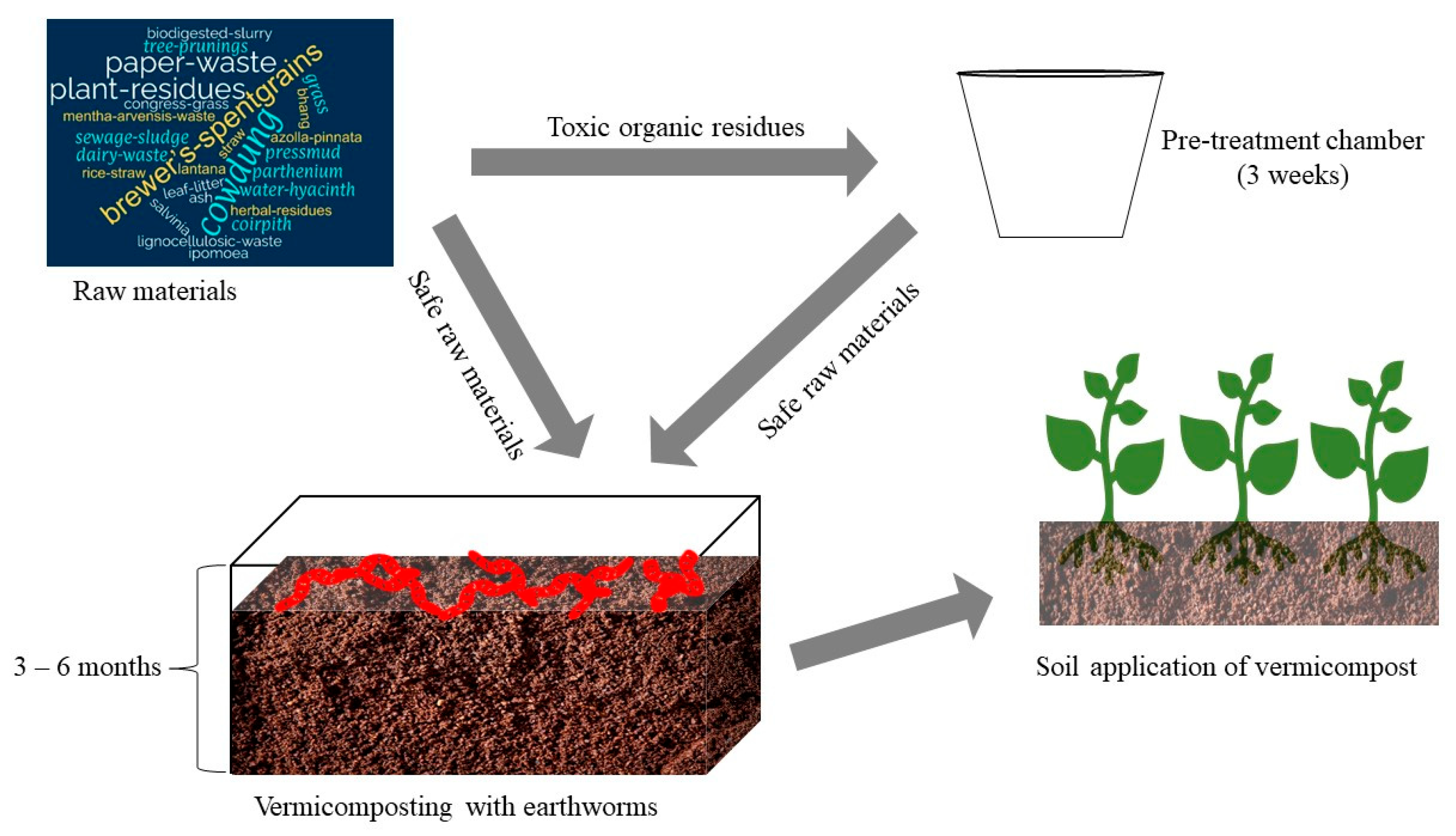
Credit: www.mdpi.com
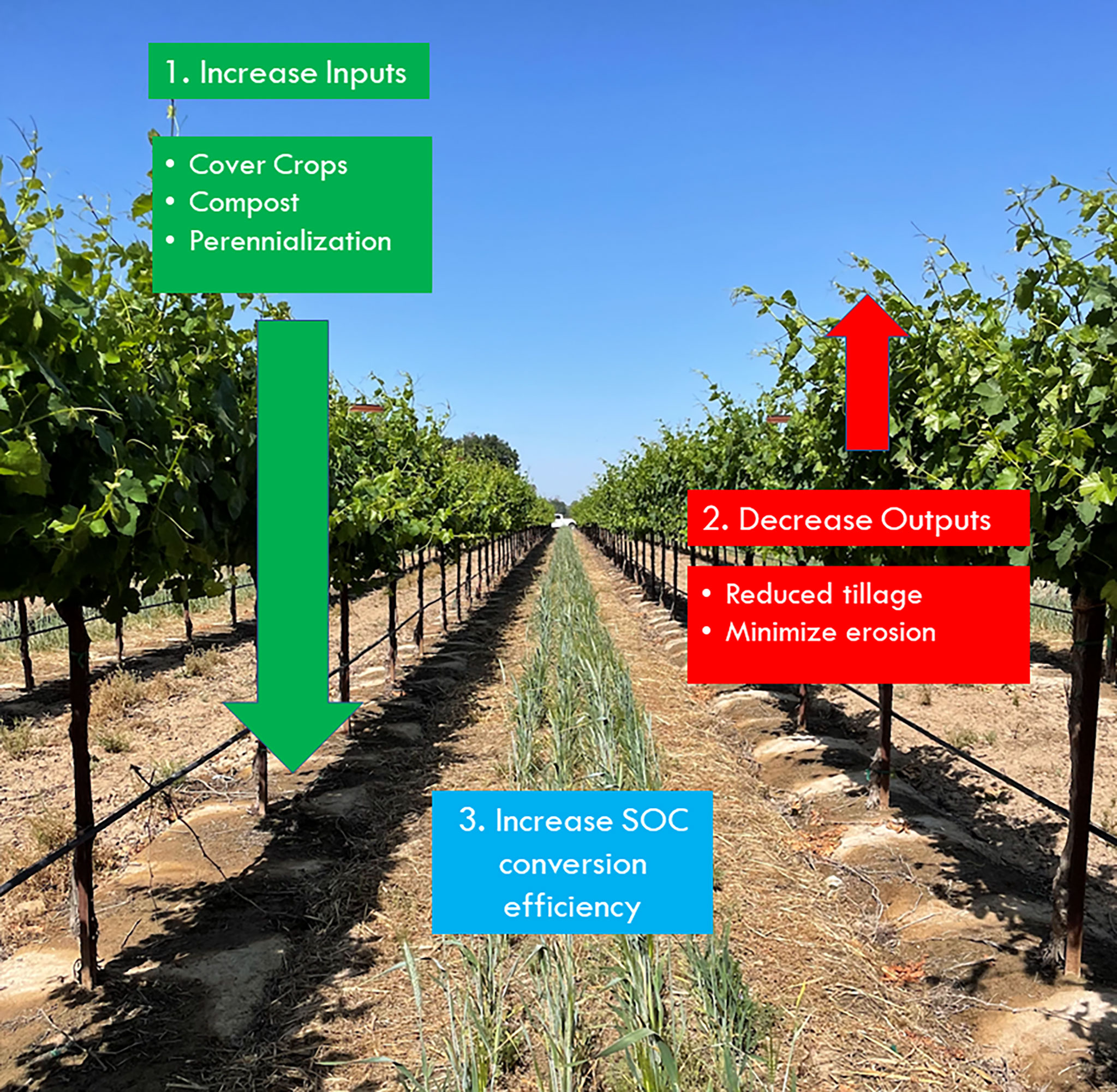
Credit: www.frontiersin.org
Frequently Asked Questions
How Does Continuous Cultivation Of Crops Make The Soil Poor In Nutrients?
Continuous cultivation of crops depletes the soil of essential nutrients like nitrogen, phosphorus, and potassium. The repeated planting of the same crops exhausts specific nutrients, leading to poor soil quality. Implementing crop rotation and nutrient management, along with adding manure and fertilizers, can help maintain soil nutrients.
How Is Soil Fertility Reduced Due To Continuous Cropping?
Continuous cropping can reduce soil fertility by depleting nutrients, attracting pests and diseases, and causing soil erosion. Nutrients in the soil are continuously extracted by crops for growth, leading to their depletion. This can result in the buildup of pests and diseases that target the planted crop, requiring the use of chemical pesticides.
Additionally, if crops are not rotated or measures are not taken to prevent soil erosion, it can lead to the loss of topsoil and degradation of soil quality.
What Are The Three Steps Involved In The Preparation Of Soil?
The three steps involved in the preparation of soil are plowing, leveling, and addition of organic matter. Plowing helps loosen the soil and remove weeds, leveling ensures an even surface for planting, and adding organic matter improves soil fertility and structure.
How Does Use Of Fertilizers Help The Farmers?
The use of fertilizers helps farmers by providing essential nutrients for plant growth, leading to increased crop yield and quality. Fertilizers replenish soil nutrients, improving plant health and resilience to pests and diseases, ultimately enhancing farm productivity.
Conclusion
Continuous plantation of crops in a field can lead to soil degradation, depleting essential nutrients and promoting pests and diseases. This can result in reduced crop yield and soil erosion. Implementing crop rotation and nutrient management, along with the addition of manure and fertilizers, can help maintain soil health and productivity for sustainable farming practices.

